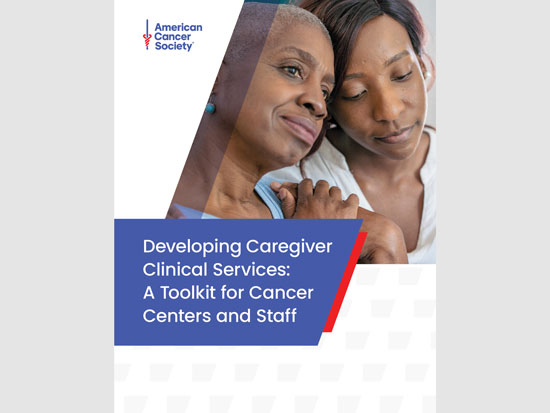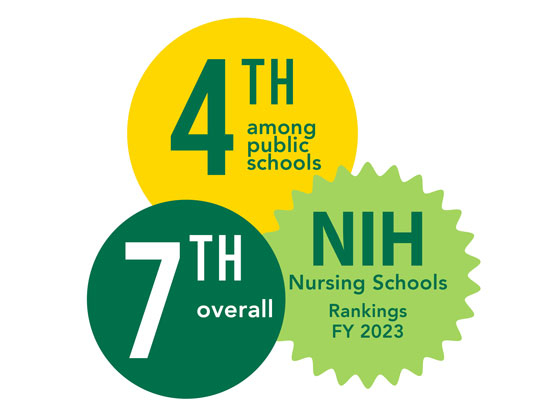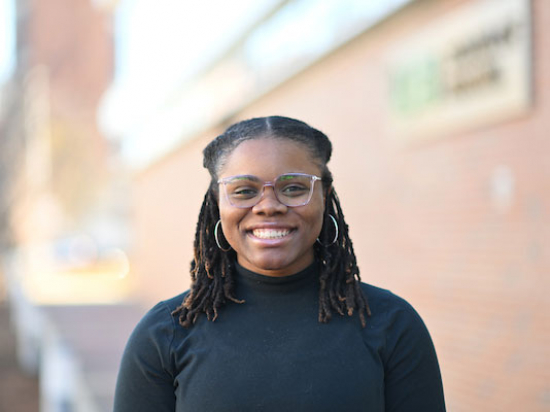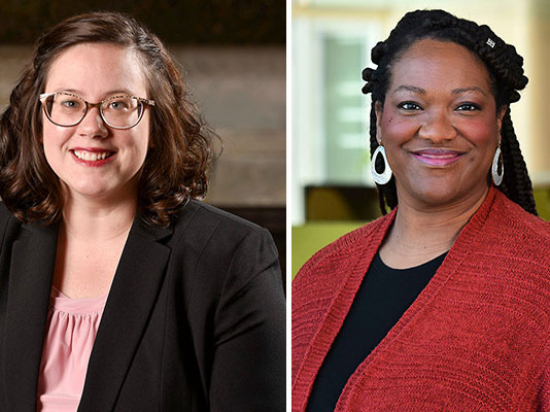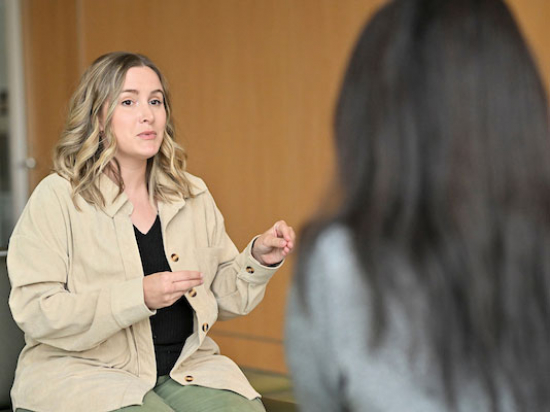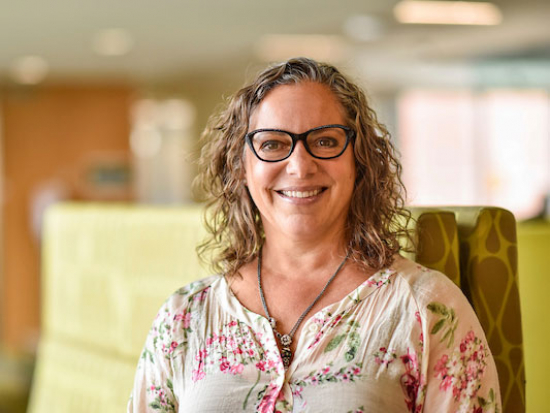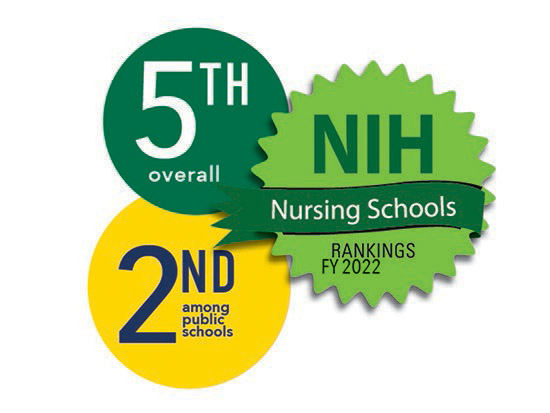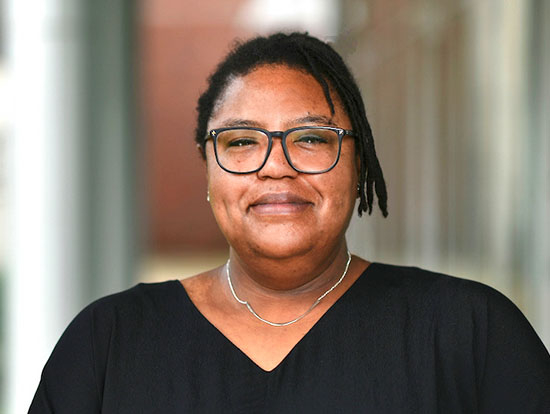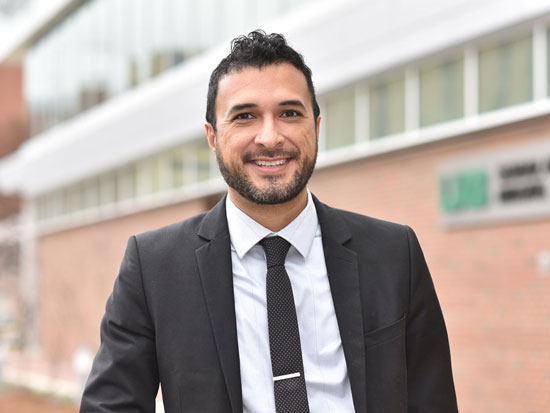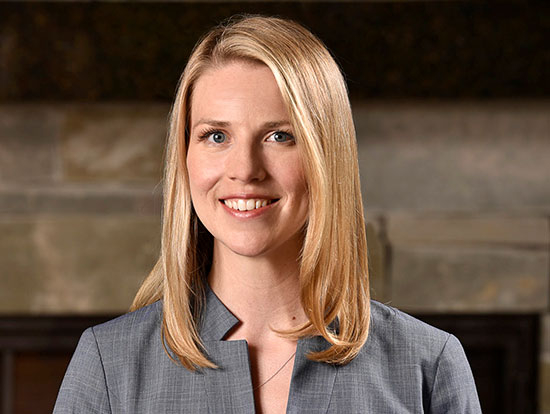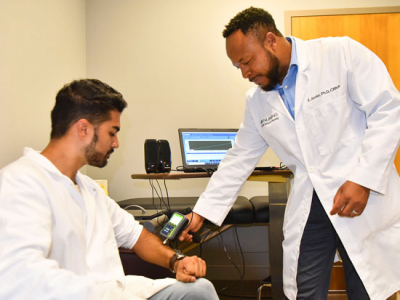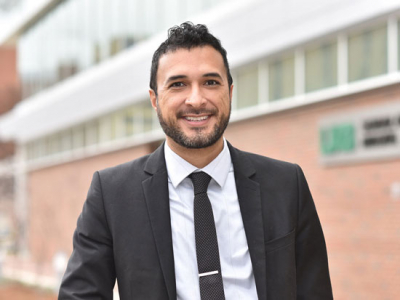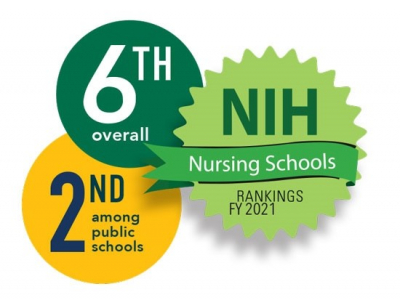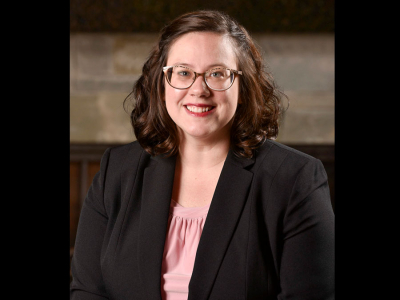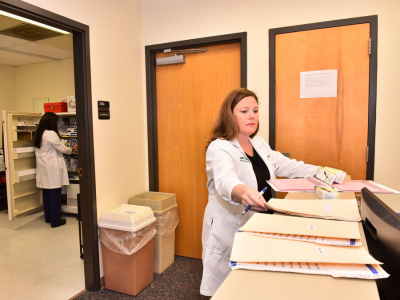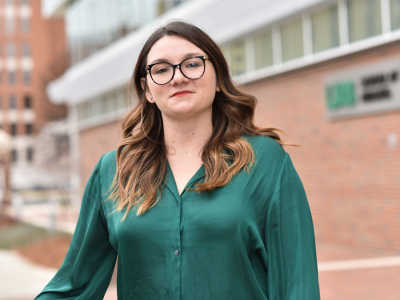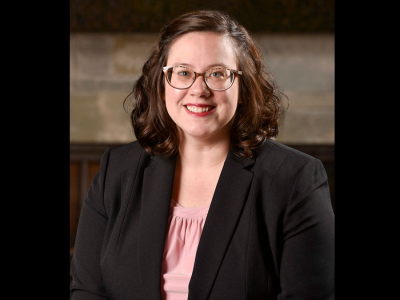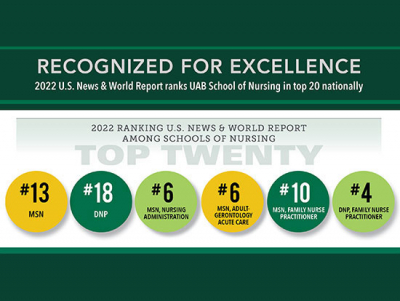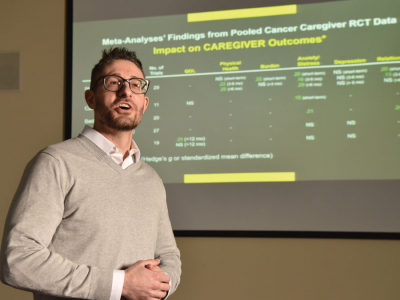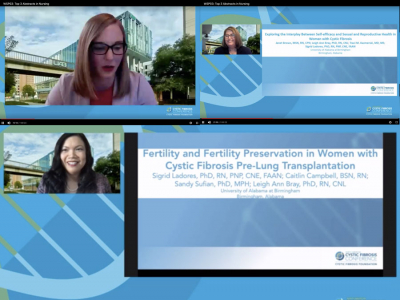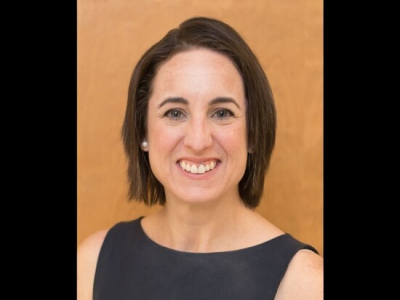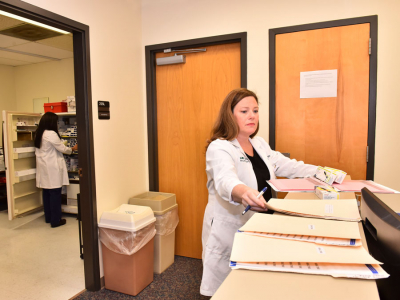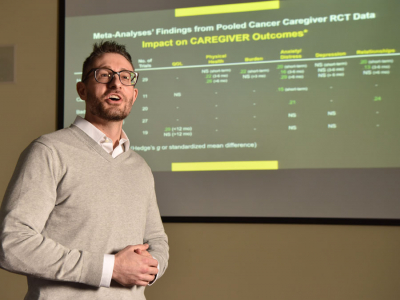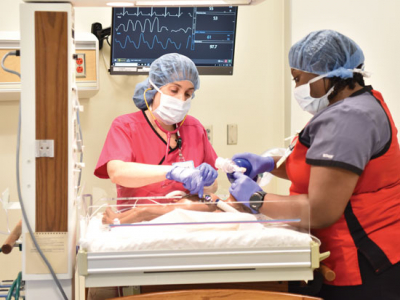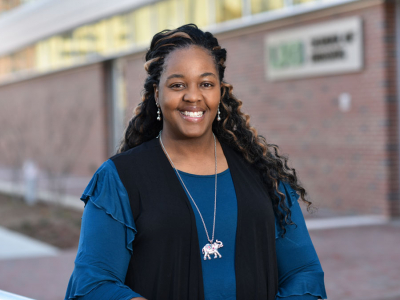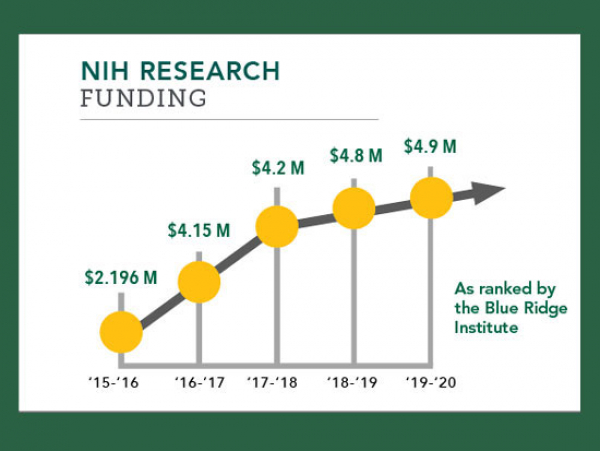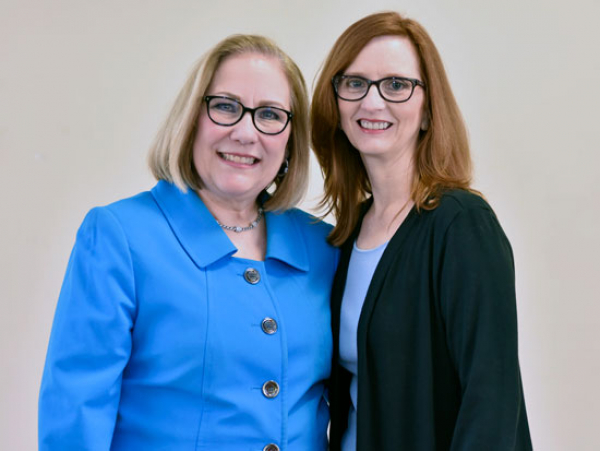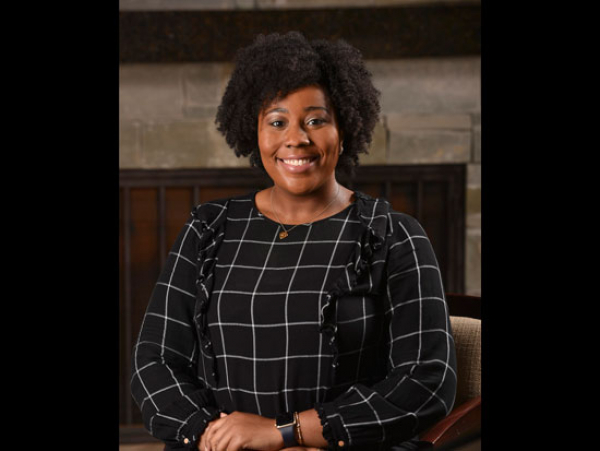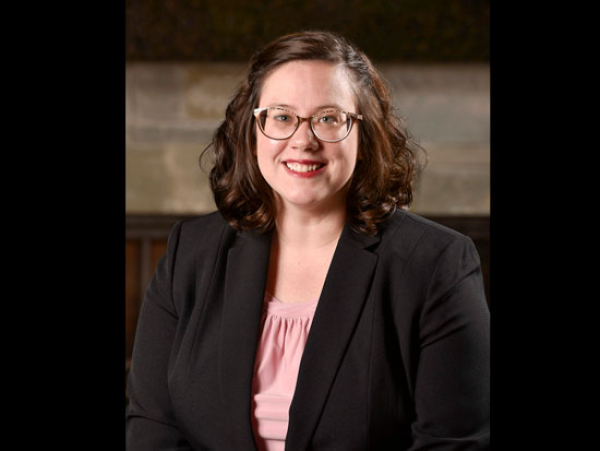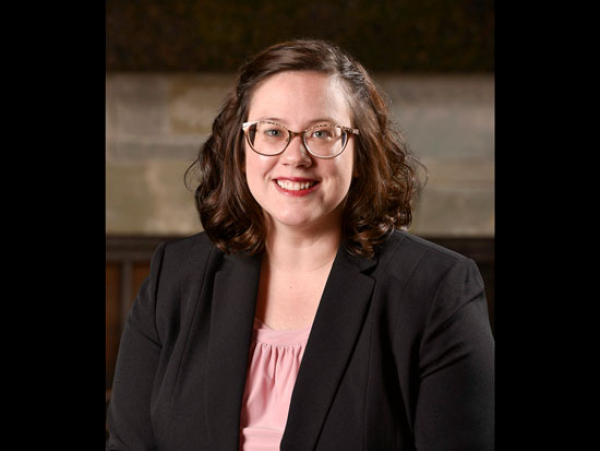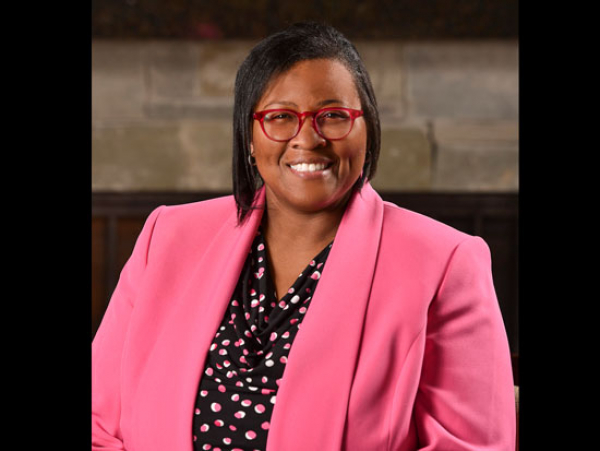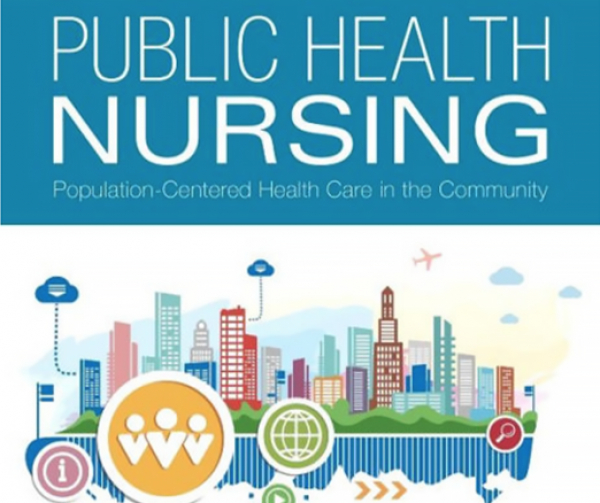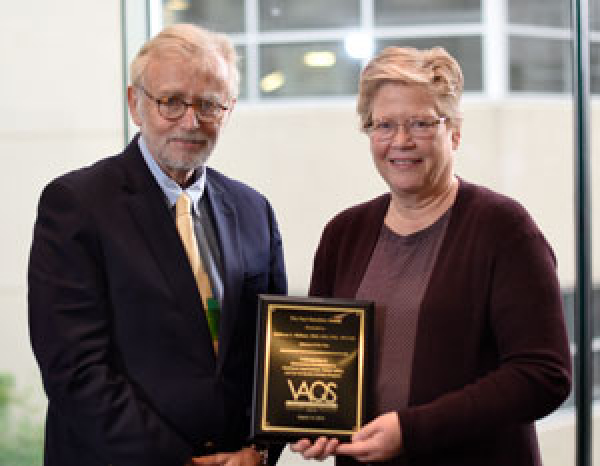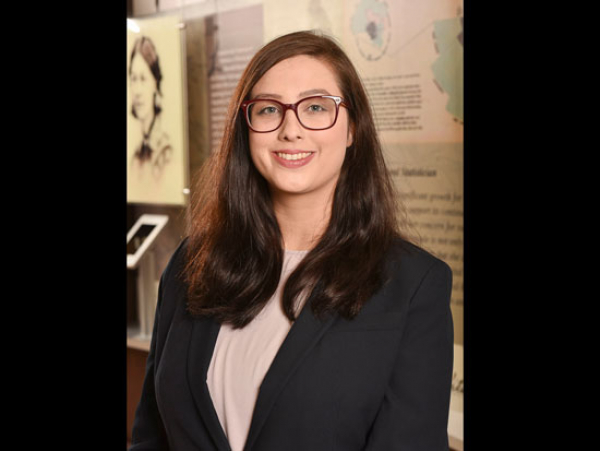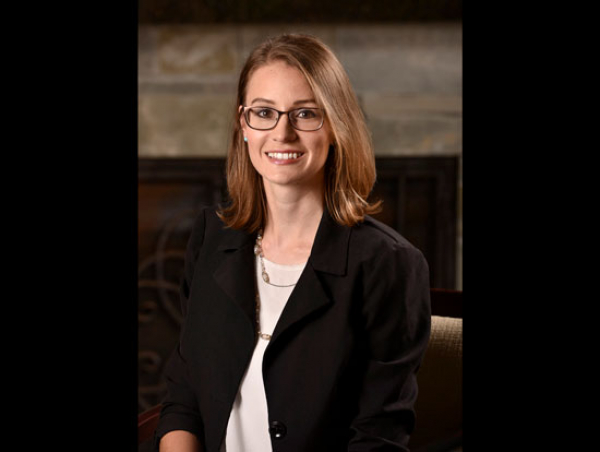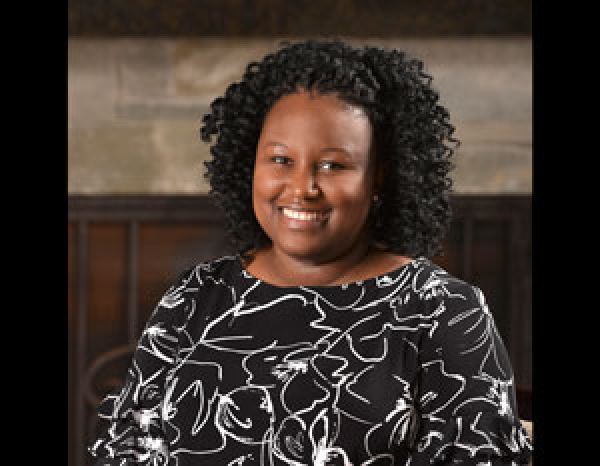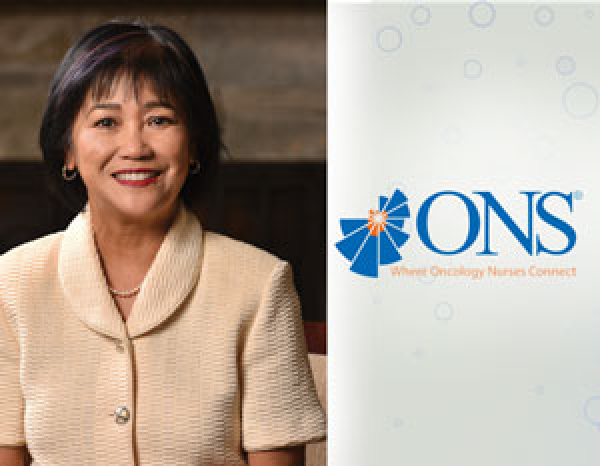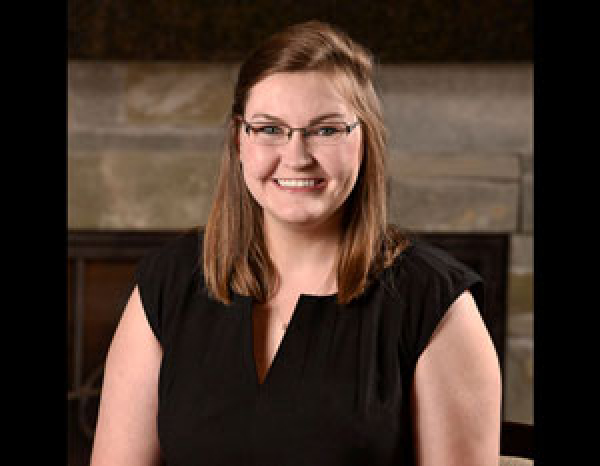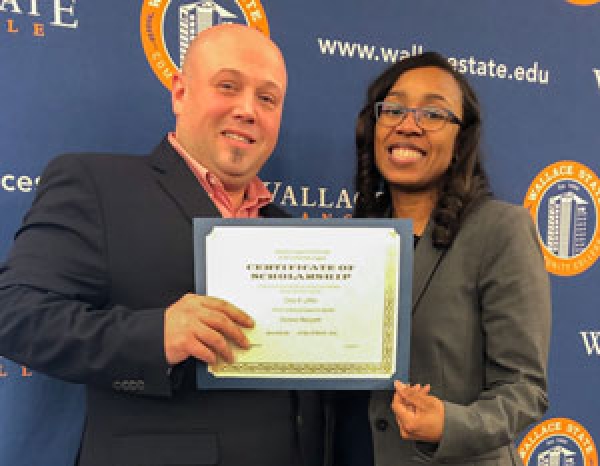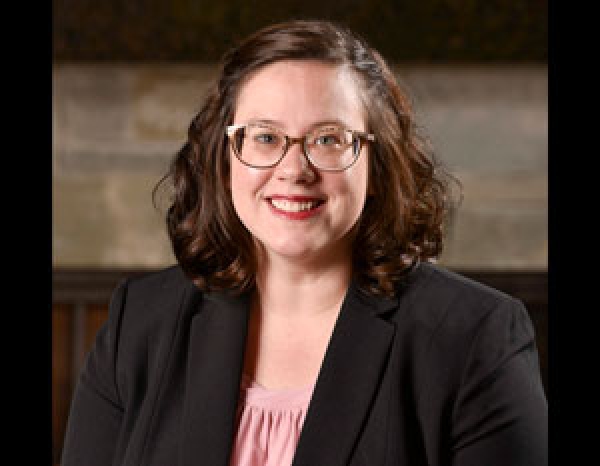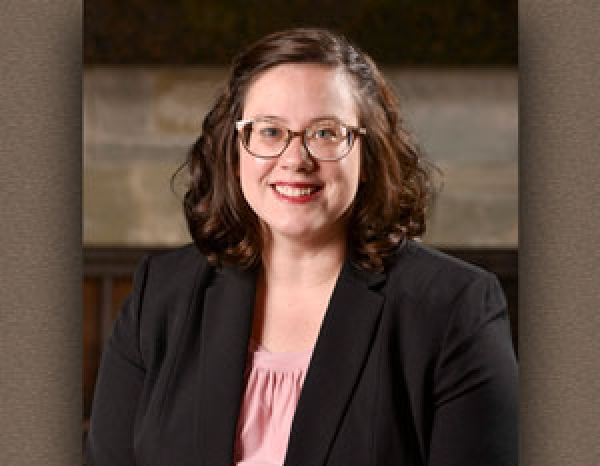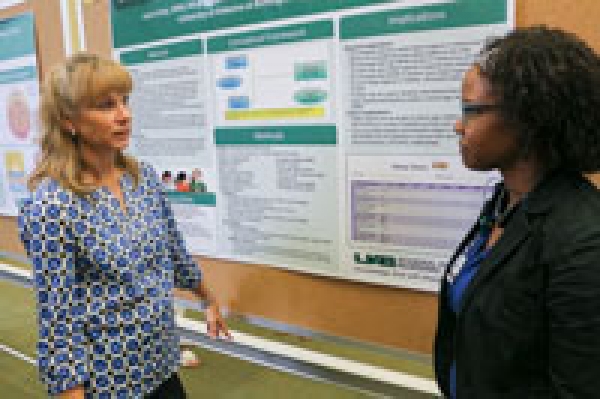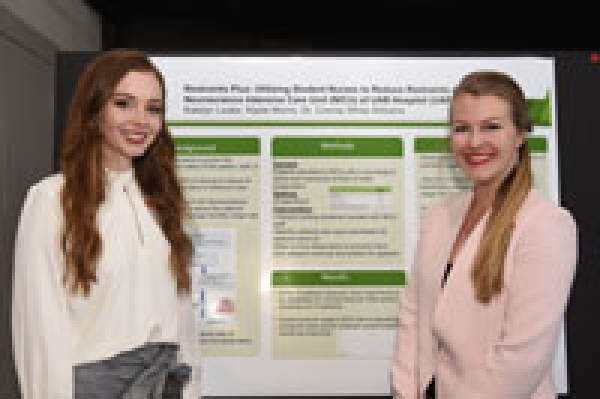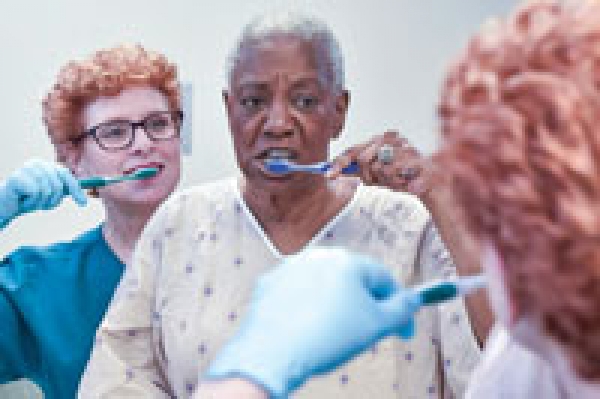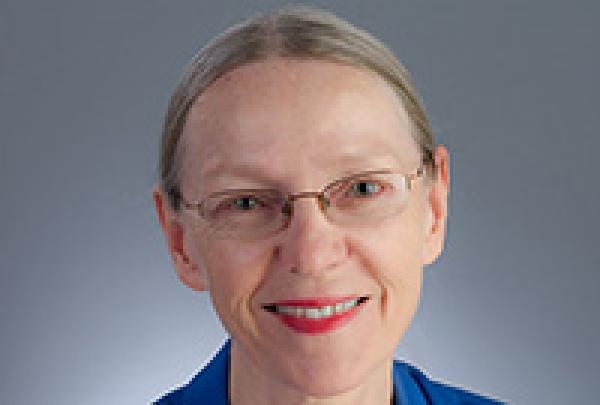 University of Alabama at Birmingham (UAB) School of Nursing Assistant Professor Loretta T. Lee, PhD, FNP-BC, has received a 2015 Deep South Resource Center for Minority Aging (RCMAR) of the National Institute of Aging (NIA) Health Disparities Research Training Program (HDRTP) Pilot Grant Award to examine the association of social support and intuitive eating with glycemic control in older African-American men with diagnosed type 2 diabetes.
University of Alabama at Birmingham (UAB) School of Nursing Assistant Professor Loretta T. Lee, PhD, FNP-BC, has received a 2015 Deep South Resource Center for Minority Aging (RCMAR) of the National Institute of Aging (NIA) Health Disparities Research Training Program (HDRTP) Pilot Grant Award to examine the association of social support and intuitive eating with glycemic control in older African-American men with diagnosed type 2 diabetes.The RCMAR pilot grant award is given to an early career scientist who is focusing on minority aging and health disparities in the African-American population. Lee’s grant is a $10,000 award for one year.
The Deep South RCMAR focuses on health issues for which disparities between older African Americans and Caucasians have been established, giving special emphasis to issues related to rural elders; intervention research addressing exercise, diet or preventive health strategies; and studies addressing socioeconomic, discrimination, trust or bioethical issues impacting physical or mental health. The NIA is the funding agency for Deep South RCMAR pilot projects.
Lee’s work in pre-diabetes as well as her clinical practice led her into her current body of research. Recent work by Lee’s research team has found that many African-American men with diabetes have eating practices that are not aligned with a healthy diet. Glycemic control is largely determined by self-management that includes consuming a healthy diet.
“Type 2 diabetes mellitus is the leading epidemic of the 21st century, affecting millions of people in the United States,” Lee said. “Older African-American men are disproportionately affected with diabetes compared to Caucasians, and the prevalence of diagnosed type 2 diabetes is much higher in African Americans compared to Caucasian, with more men compared to women across all races in the U.S. being affected.”
This study will examine the association of social support, specifically spousal and intuitive eating, also known as mindful eating, with glycemic control among older African-American men living with type 2 diabetes who receive diabetes care at Cooper Green Mercy Hospital in Birmingham. Lee’s team will evaluate the association of social support and intuitive eating practices among older African-American men with diabetes, and the association of intuitive eating practices and glycemic control, for example hemoglobin A1C, in older African-American men with diabetes.
Intuitive eating practices -- a healthy approach to eating that includes awareness of the physical and emotional sensations experienced while eating or in a food environment -- have been associated with improved eating habits in people with chronic diseases. Although intuitive eating practices have the potential to change dietary habits in African-American men with diabetes, many of these individuals still perceive barriers to intuitive eating. Good social support, especially spousal, has been identified in the literature as essential for self-management that includes healthy eating practices. It is noteworthy that less than 50 percent of African-American men live with their spouse.
“We hypothesize that social support, particularly the presence of a spouse/partner, will increase the likelihood that older African-American men with diabetes will adhere to intuitive eating practices,” Lee said. “Our second hypothesis is that intuitive eating practices will be associated with lower hemoglobin A1C, which is a measure of glycemic control, among these older men with diabetes.”
Because perceived social support could be related to healthy eating practices based on the principles of intuitive eating, it is imperative that the association of these factors -- social support and intuitive eating -- with glycemic control in older African-American men with diabetes is examined, Lee said
“If there is an association this may provide an opportunity to develop interventions aimed at self-management strategies that incorporate social support and intuitive eating in older African-American men with diabetes,” she added.
This work is important because it immediately enhances the evidence vital for clinical decision-making that improves quality of life for older African-American men and over the long-term improves methods for assessing patient-reported outcomes related to diabetes that will be useful for development of self-management glycemic control interventions.
Lee earned her Master’s of science in nursing from the school in 1991 and her PhD in 2012.


